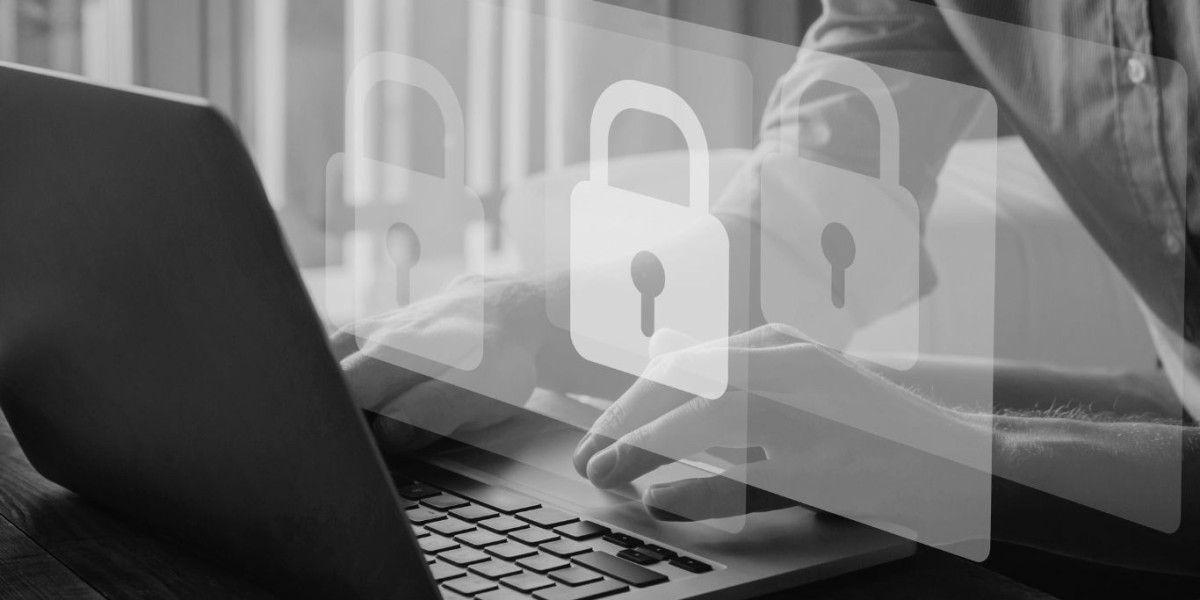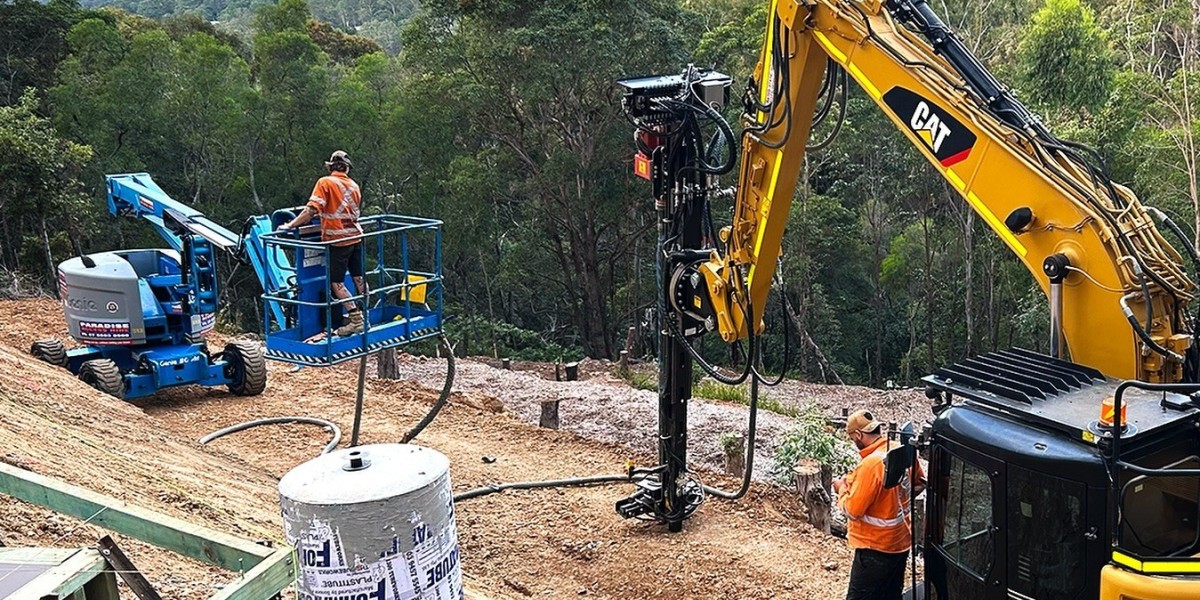The Retail Revolution Arrives
Physical retailing is experiencing its most dramatic transformation since the invention of the cash register. AI-powered smart stores are transforming the shopping experience, integrating digital convenience with physical discovery. All the retailers leading the charge share one thing: they've partnered with an AI maker to reimagine every aspect of their business.
These aren’t just a few stores with fancy tech gadgets—they’re complete ecosystems where every interaction generates valuable data, every customer journey is optimized, and every business decision is backed by intelligent insights. To build such innovation-driven environments, leading retailers hire artificial intelligence developers to turn data into strategy and experiences into growth.
Personalized Shopping at Physical Scale
The online magic of personalization is finally pouring into brick-and-mortar stores. An AI developer can create systems that recognize customers as they walk through the door, through loyalty apps, facial recognition, or beacon technology. This instant recognition triggers a chain of personalized experiences that physical retail just can't compete with.
Electronic screens adjust to show products suitable for individual customers. Store apps guide buyers to products on their lists or suggest complementary goods based on previous purchases. Smart mirrors in dressing rooms can guide on fit, suggest accessories, or even show what an outfit would look like in different colors.
This level of customization transcends individual preferences. AI platforms analyze demographic data, seasonal trends, and local preferences in order to customize store layout and product assortment by community. A technologically advanced store in a college community might emphasize various items compared to one in a suburban family district, with artificial intelligence design capabilities making these adjustments automated.
Inventory Intelligence Evades Stockouts
Shelving units laid bare and warehouses bursting at the seams are the remnants of the pre-AI period. Intelligent stores use AI developer tools to forecast demand with uncanny accuracy, keeping best-selling items in stock while avoiding the expense of over ordering slow-sellers.
Computer vision applications monitor shelves in real-time and automatically send out restock alerts when inventory is low. These solutions don't just tally products, they scan for placement, find missing products, and even detect damaged packaging that could lose customers.
Predictive analytics see ahead of the current level of inventory to forecast future demand. AI models consider weather, local events, social media chatter, and seasons to make an informed estimate of what customers will be demanding days or weeks in advance. This head start enables stores to optimize their supply chain, reduce waste, and capture sales lost due to stockout.
Seamless Checkout Experiences
The antiquated checkout process is waning, replaced by frictionless payment systems that verge on the magical. The concept was first championed by Amazon Go stores, but now artificial intelligence talent is porting similar experiences to retailers big and small.
Computer vision and sensor technology keep track of what customers touch and lay down as they go through their shopping experience. Machine learning algorithms distinguish genuine purchases from things that customers viewed but didn't purchase. When customers leave the store, payment is made automatically through their respective accounts.
For not-yet-ready retailers to fully automated checkout, AI still optimizes. Intelligent shopping carts scan products automatically as they are placed inside, providing real-time running totals and electronic receipts. Computer-vision-powered self-checkout systems scan products automatically without customers being required to scan barcodes.
Smart stores do not just react to market situations, rather, they pre-empt and react in real time. An artificial intelligence developer can implement dynamic pricing systems that are able to switch prices automatically based on demand, inventory levels, competitor pricing, and customer behavior patterns.
Such systems go far beyond pure supply and demand. They include considerations for individual customer price sensitivity, the impact of promotion on brand attitude, and long-term customer lifetime value. A return customer might pay differently than a one-off visitor, with AI systems balancing short-term revenue against customer lifetime value.
Promotion campaigns become scalpel-sharp in precision. Instead of across-the-board discounts that erode margins, AI systems are able to identify which customers need to be incentivized to purchase and which will purchase at regular price. This targeted approach maximizes volume sales as well as profitability.
Enhanced Loss Prevention
Shrinkage is costing retailers billions annually, but artificial intelligence development solutions normally turn the trend around by using sophisticated loss prevention software. Sophisticated computer vision identifies suspicious behavioral patterns without the need for human surveillance.
These systems detect aberrant shopping patterns, such as customers constantly returning products without receipt or customers whose behavior has the potential for shoplifting. The system can alert security personnel to the issue without compromising customer privacy and avoiding false alarms.
AI helps prevent internal theft too by monitoring employee activity at the checkout and in stockrooms. Patterns rather than individuals being monitored, such systems can search for inconsistencies that require investigation and maintain a positive work environment.
The Future of Physical Retail
Smart stores are just the beginning of what’s possible when retailers hire artificial intelligence developers. As AI capabilities become more advanced and affordable, even small and mid-sized businesses can now access technologies that were once reserved for tech giants—unlocking smarter operations, personalized customer experiences, and data-driven decision-making.
Tomorrow's successful stores will be those that capitalize on this transformation today, creating consumer experiences more convenient, personalized, and exciting than ever before in the pre-AI era.







